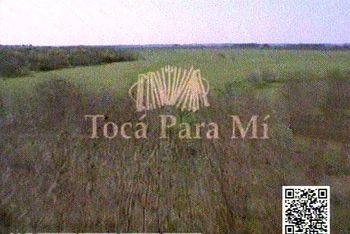Difference between revisions of "Tocá para mí"
Gomselmash11 (talk | contribs) |
Gomselmash11 (talk | contribs) |
||
| Line 14: | Line 14: | ||
</font> | </font> | ||
| − | Punk musician Carlos decides to set out to find out about his family history when his adoptive father Genaro dies. He leaves Buenos Aires with the bandoneon of Genaro as his only company and sets out for Los Angeles, a wind-shaken village in the middle of nowhere of the Argentinian pampa. After some troublesome quest, he finds there not only the secret of his origin, but also the love of this life and his own tune, which combines his past as punk drummer with the traditional elements borrowed from cumbias, chamamés, and criollo valses. | + | Punk musician Carlos decides to set out to find out about his family history when his adoptive father Genaro dies. He leaves Buenos Aires with the bandoneon of Genaro as his only company and sets out for Los Angeles, a wind-shaken village in the middle of nowhere of the Argentinian pampa. |
| + | After some troublesome quest, he finds there not only the secret of his origin, but also the love of this life and his own tune, which combines his past as punk drummer with the traditional elements borrowed from cumbias, chamamés, and criollo valses. | ||
== [[:Category: | ]] == | == [[:Category: | ]] == | ||
Revision as of 04:18, 28 February 2012
Movie (2001)
Other titles: Play for Me (USA), Spiel für mich (Germany)
Starring:
Hermes Gaido (The Punk)
María Laura Frigerio (The Prostitute)
Alejandro Fiore
Emilio Urdapilleta
Bernardo Perco
Colomba
Punk musician Carlos decides to set out to find out about his family history when his adoptive father Genaro dies. He leaves Buenos Aires with the bandoneon of Genaro as his only company and sets out for Los Angeles, a wind-shaken village in the middle of nowhere of the Argentinian pampa. After some troublesome quest, he finds there not only the secret of his origin, but also the love of this life and his own tune, which combines his past as punk drummer with the traditional elements borrowed from cumbias, chamamés, and criollo valses.
[[:Category: | ]]
Back To:

